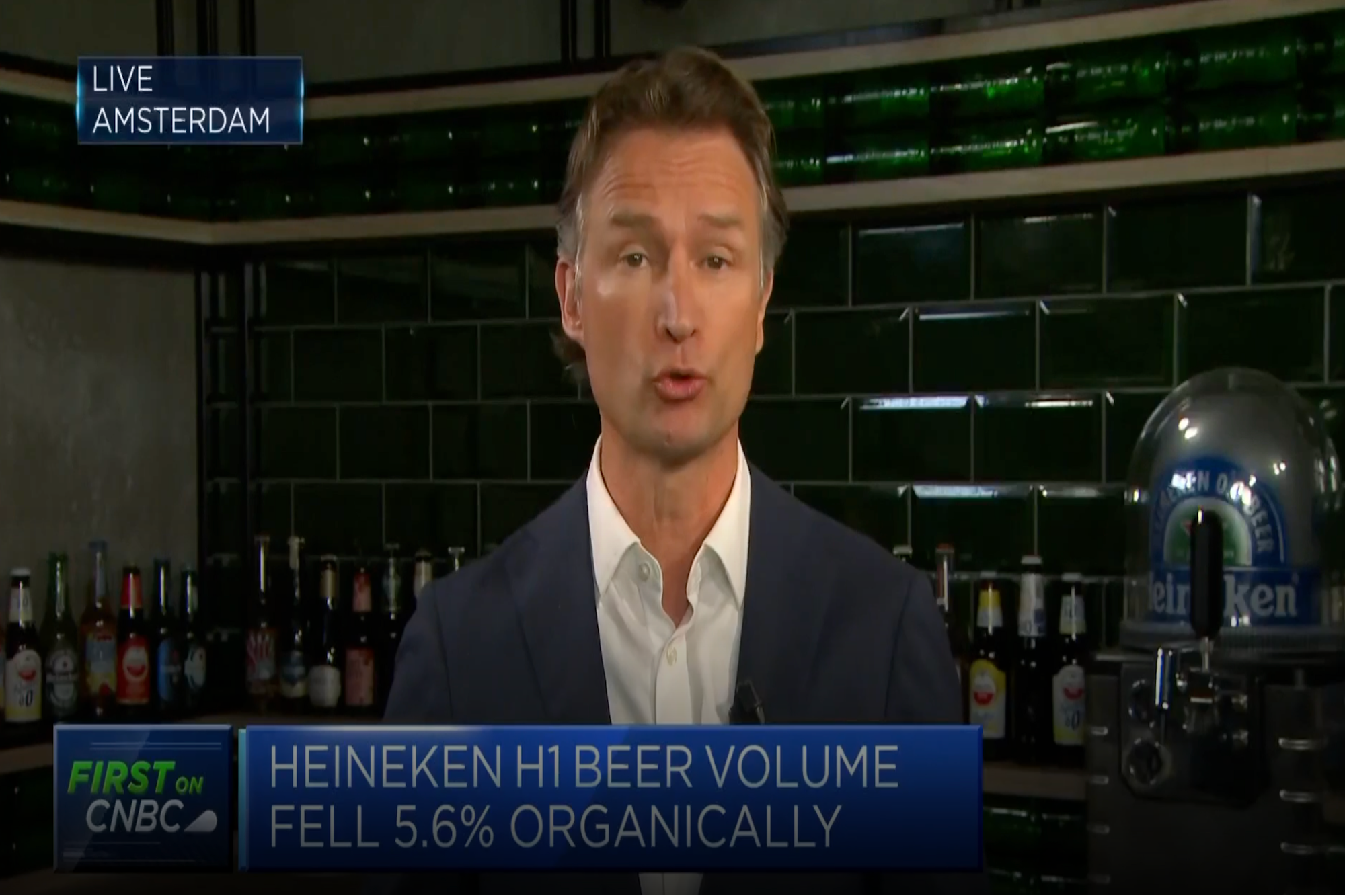为战争by Parker, Free Glasses Equals Clear Company VisionThe glasses company is the latest example of a successful 'buy-one-give-one' business model.
Opinions expressed by Entrepreneur contributors are their own.

Warby Parker sounds like a white-shoe law firm, not one of the the hottest socially conscious businesses around. Actually, the company's name comes from two obscure characters in Jack Kerouac's novels.
The maker of hip eyewear has created a sensation with its designer glasses, disrupting the industry's entrenched incumbents with trendy eyeglass frames that sell for $100, not $600.
Also fueling the buzz is Warby Parker's buy-a-pair, give-a-pair program, similar to the model made famous by TOMS Shoes. Every pair of Warby Parker glasses bought means another pair is sold inexpensively in the developing world to people who would otherwise have difficulty (or no access to) buying their own specs. The company says its model has led to the distribution of more than 1 million pairs.
Related:How a Grassroots Fund Profits From Looking Beyond the Money
Warby's growth has been phenomenal. It reached its first year sales goal three weeks after it launched in 2010, and had waiting list 20,000 people long. By the end of 2013, the company raised $60 million from investors Tiger Global Management, General Catalyst Partners, Spark Capital, Thrive Capital and First Round Capital, according toFortunemagazine. The company has raised $116 million total. Other notable investors include American Express, Mickey Drexler (the founder of J.Crew), Lerer Ventures and Menlo Ventures.
Other ventures, includingSoapbox SoapsandTwo Degrees Foods, have adopted the same buy-one-give-one model model.Brown Water Coffeecontributes 50 cents to fund clean water projects for every bag of coffee it sells.KNO Clothinggives 50 percent of its profits to homeless causes.
The model can be significantly effective as marketing. The question is whether it is effective as a social-change strategy. Some characterize it as charity, albeit business-based. Critics say such giveaways can foster dependency and undermine local producers and that actual social outcomes are often unclear or unmeasured.
Warby Parker has tried to anticipate and respond to such concerns. It has identified a market where there is need: as many as 90 percent of the world's visually impaired people live in developing countries. Rather than donating the glasses outright, the company makes cash donations from its sales to VisionSpring, a non-profit for which Warby Parker founder Neil Blumenthal used to work. VisionSpring trains low-income men and women to sell glasses in their communities for affordable prices, allowing them to earn a living. This helps ensure Warby Parker's donations actually meet people's needs and don't displace local businesses.
"If you're just giving something away, you don't have the market as a mechanism to determine whether or not the consumer really wants your product, whereas when you ask the consumer to pay, you know clearly where that person places value," Jordan Kassalow, VisionSpring's founder, toldForbes.
Related:How One Man Brought Health Care to India's Poorest Populations
Warby Parker goes further in its effort to have a positive impact. On the environmental side, it measures greenhouse gas emissions from its operations and buys carbon offsets to maintain its carbon neutrality. On the social side, it has its overseas factories approved byVerite, which certifies labor practices. Warby Parker is also a B Corp (as certified by the nonprofitB Lab), which means it has put itself through an assessment that scores the company's commitment to sustainable business practices.
As with many other social enterprises, Warby Parker's success could end up testing its social commitments, if its investors decide they want to sell at some point, or if it grows big enough that a company like Luxottica, which controls much of the world's eyeglass business, looks to buy it.
Hopefully, possible buyers will realize that Warby Parker's model is part of its identity as a brand, as well as a marketing strategy. At an impact investing panel in New York last week, sponsored bythe Case Foundation, Warby Parker's Blumenthal concurred: "A core aspect of our brand is doing good."
Related:做业务的优质咖啡的溢价cial Impact
Impacts
Financial
Warby Parker announced the opening of corporate offices in Nashville, Tenn., and said it aimed to create about 250 jobs in the next five years.
Social
Warby Parker has distributed more than 1 million pairs of glasses through 10,000 emerging market entrepreneurs.
Produced byImpactAlphaand theCase Foundation.
One of a series of impact profiles produced in conjunction with the Case Foundation's new publication, "A Short Guide to Impact Investing."










